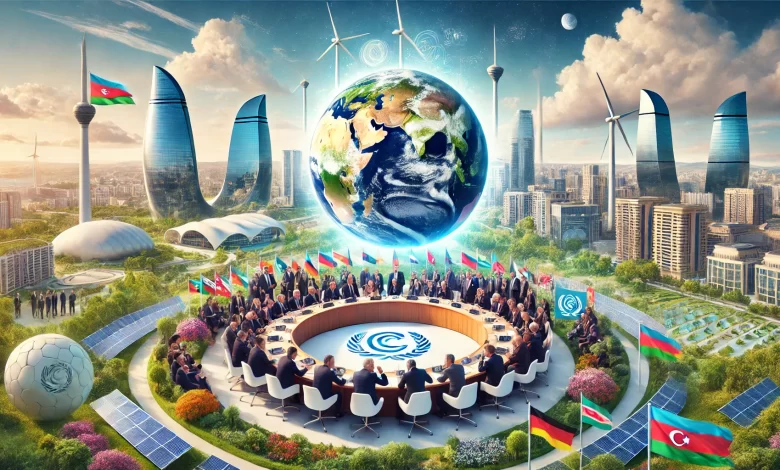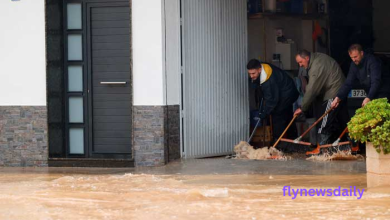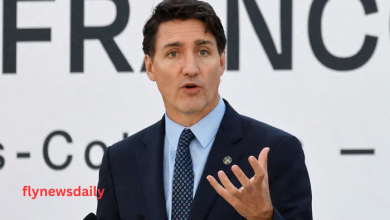
As Azerbaijan prepares to host the 29th Conference of the Parties (COP29), the world is watching to see if this crucial summit can be a turning point in the fight against climate change. The question on everyone’s mind is whether climate aid can serve as a uniting force among nations or exacerbate existing divides. This article explores the significance of COP29, Azerbaijan’s role in global climate negotiations, and the potential impact of climate aid on international cooperation.
Overview of COP29 and Its Importance
What is COP?
The Conference of the Parties (COP) is an annual summit where countries gather to assess progress in dealing with climate change. First established by the United Nations Framework Convention on Climate Change (UNFCCC), COP serves as a platform for countries to negotiate strategies for reducing global greenhouse gas emissions and adapting to the changing climate.
The History of COP Summits
Since its inception in 1995, COP has been a cornerstone of international climate policy. Previous summits have seen landmark agreements like the Kyoto Protocol and the Paris Agreement, which set long-term goals for reducing carbon emissions and providing climate aid to vulnerable nations.
COP29’s Focus on Climate Aid and International Cooperation
COP29, hosted in Baku, Azerbaijan, marks a pivotal moment for climate aid. With many countries still struggling to meet their climate goals, the summit aims to focus on how financial and technological aid can help bridge the gap between developed and developing nations. This summit will highlight the urgent need for collective action and equitable resource distribution to address global environmental challenges.
Azerbaijan’s Role in Global Climate Negotiations
Azerbaijan’s Environmental Challenges
Azerbaijan faces several environmental challenges, including air pollution, deforestation, and threats to biodiversity. As a country that has traditionally relied on fossil fuels, transitioning to greener energy sources is a complex but essential goal for its future.
Strategic Location and Influence in the Region
Positioned at the crossroads of Europe and Asia, Azerbaijan plays a strategic role in global geopolitics and energy security. Its location makes it a key player in negotiations that can influence both Eastern and Western interests in climate policy.
Azerbaijan’s Energy Policies and Renewable Transition
Azerbaijan has begun taking significant steps toward renewable energy. With its potential for solar and wind energy, the country is investing in green technologies that will help it meet its climate goals and reduce its reliance on oil and gas exports.
The State of Global Climate Aid: A Snapshot
Defining Climate Aid
Climate aid refers to financial and technical assistance provided to help countries adapt to the effects of climate change. This includes funding for renewable energy projects, climate resilience programs, and initiatives to reduce greenhouse gas emissions.
Countries Leading Climate Aid Efforts
Countries like Germany, Norway, and Japan have been at the forefront of climate aid efforts, offering billions of dollars in funding to support climate initiatives worldwide. Their investments help countries develop sustainable infrastructure and transition to greener economies.
Major Climate Aid Programs Around the World
Programs such as the Green Climate Fund (GCF) and the Global Environment Facility (GEF) are central to global climate aid efforts. These programs allocate resources to developing nations to help them implement climate change mitigation and adaptation strategies.



